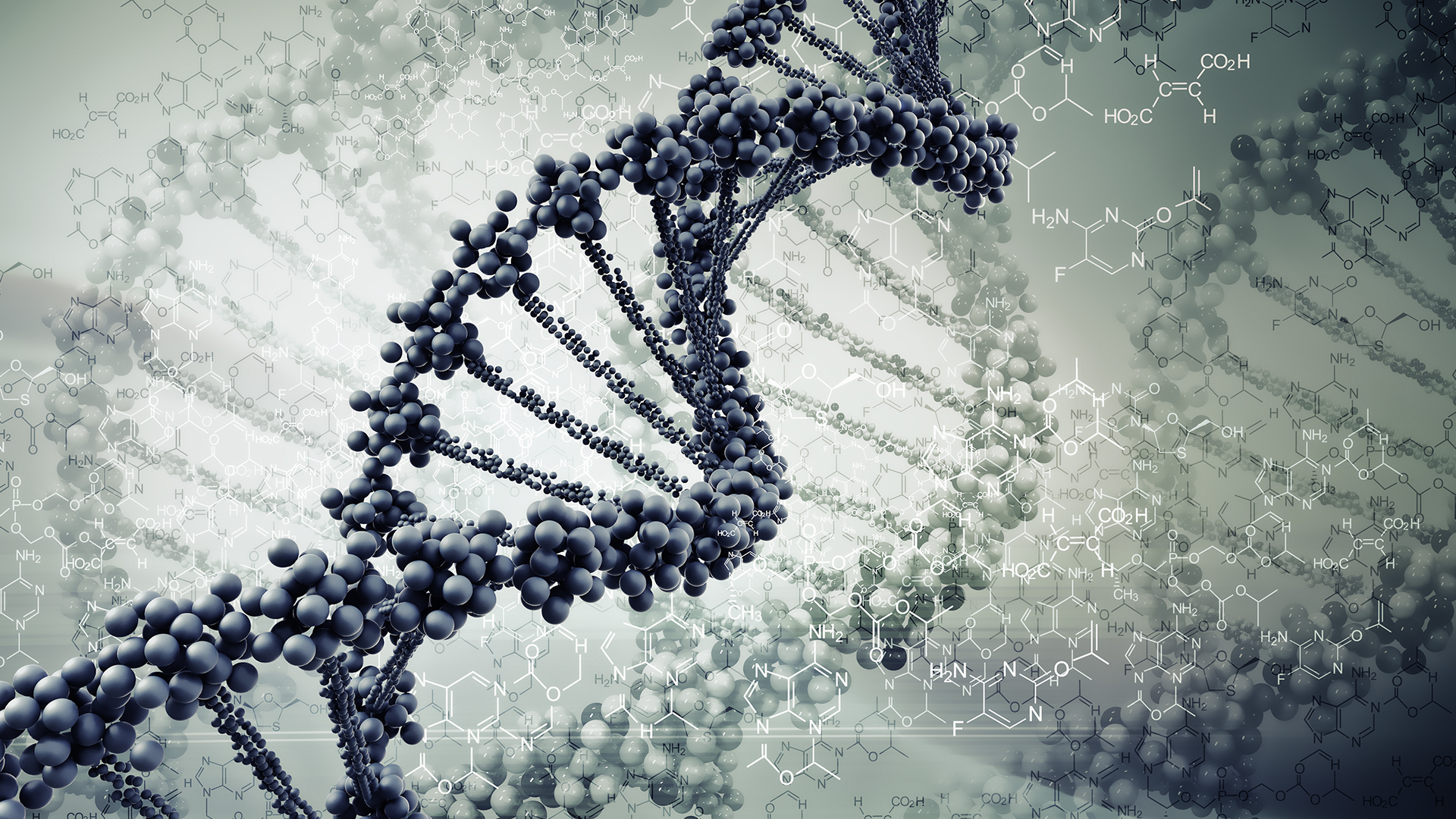Mucolipidosis type IV is an inherited metabolic disorder characterized by delayed development and vision impairment that tends to worsen over time.
Affected individuals have delayed development of mental and motor skills, including sitting, standing, walking, grasping objects, and writing. This psychomotor delay typically presents during the first year of life. Most individuals with mucolipidosis type IV are unable to walk independently. Vision may be normal at birth but becomes increasingly impaired during the first decade of life as a clouding of the cornea develops and the retina progressively breaks down. By their early teens, affected individuals tend to have severe vision loss or complete blindness. Individuals usually survive to adulthood but may have a shortened lifespan. There is no cure for this disorder, and treatment is symptomatic and supportive, including contact lenses and physical/occupational therapy.
This condition is caused by pathogenic (disease-causing) variants in the MCOLN1 gene. Mucolipidosis type IV exhibits autosomal recessive inheritance, meaning both parents must be carriers to have a 25% chance of having a child with the condition. The risk of being a carrier is based on a person's ancestry or ethnic background. For example, individuals of Ashkenazi Jewish descent have a carrier frequency of 1 in 100. Carriers do not typically show any signs or symptoms of the condition.
Other names for this condition include Berman syndrome, ganglioside sialidase deficiency, and sialolipidosis.
Resources:
Revised October 2022

